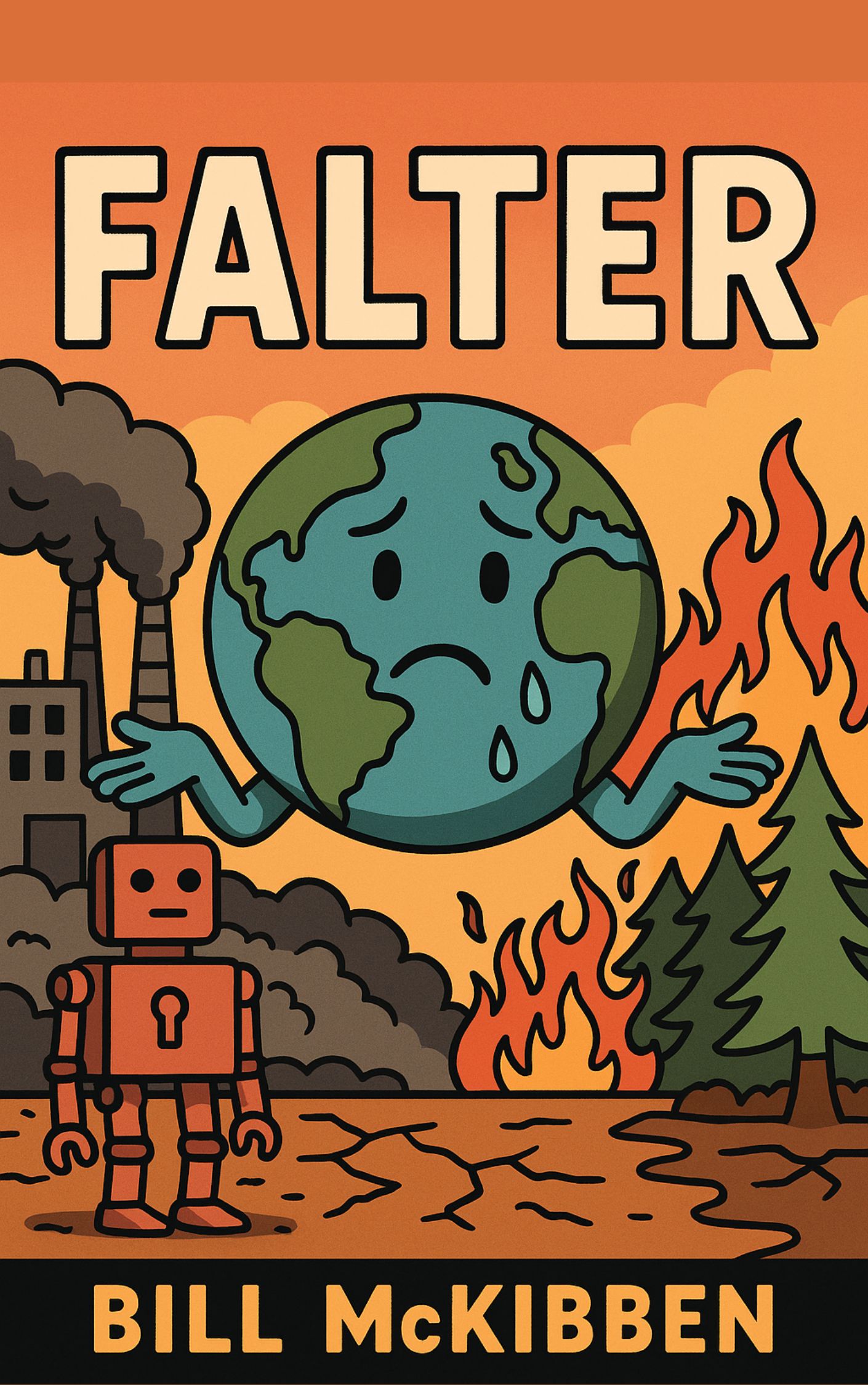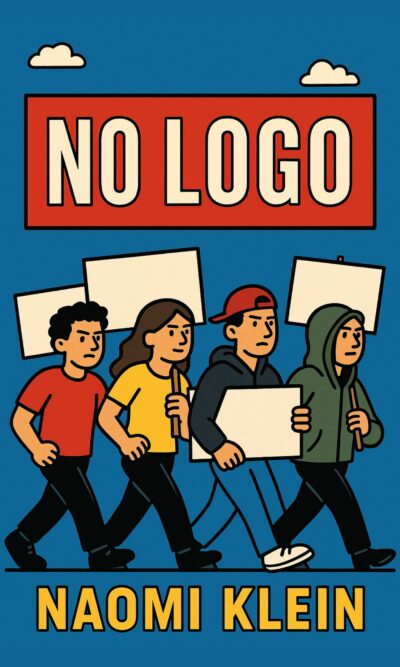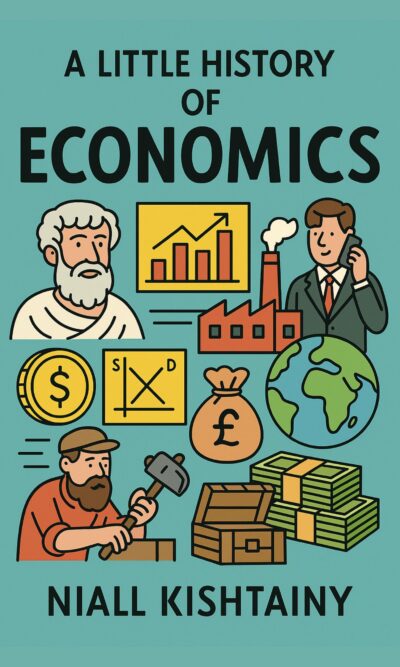Description
Human history can be seen as one long game. We build families, communities, nations, and cultures. We invent systems of trade, politics, and knowledge. None of this has a set goal, but we play to keep life going and to make it meaningful. Yet today, that game is at risk of ending. Climate change, new technologies, and the misuse of power could push us toward a future where survival itself is uncertain.
The first and most immediate danger comes from climate change. Temperatures across the world are rising at alarming rates. The last few decades have been the hottest in recorded history. Droughts, floods, heat waves, and storms are no longer rare events but regular disruptions. Ecosystems are collapsing. Forests are burning, glaciers are melting, and animal populations are shrinking at shocking speed.
Climate change is not only about the environment—it also shakes societies. For example, drought in Syria destroyed crops and livelihoods, helping fuel the civil war and a refugee crisis. Those refugees in turn created political instability in Europe. This shows how rising temperatures can ignite conflicts, reshape politics, and destabilize entire regions.
If warming continues unchecked, the results could be devastating. Oceans may become too warm for plankton, which produce most of the oxygen we breathe. Melting permafrost could release long-trapped diseases like anthrax or even smallpox. Ice loss could cause earthquakes and tsunamis as the Earth’s crust shifts. These scenarios are not just distant science fiction; signs of them are already visible today.
Even the “better” outcomes of climate change are grim. Even if global cooperation slows warming, millions of people will face extreme drought, falling crop yields, and unlivable heat. Coastal megacities like New York, Mumbai, and Shanghai could be swallowed by rising seas. Hundreds of millions may be forced to move inland, sparking mass migrations and new political conflicts.
On top of this environmental crisis, humanity faces two other looming threats: genetic engineering and artificial intelligence.
Genetic engineering offers both hope and danger. With tools like CRISPR, scientists can edit genes, potentially eliminating hereditary diseases. But the same technology could be used to create “designer babies.” Wealthy families might pay to enhance intelligence, strength, or beauty, while the poor remain “natural.” Over generations, this could create a permanent divide between classes—not just socially, but biologically. Humanity itself could split into different species: the genetically enhanced and the left-behind.
Artificial intelligence brings another set of risks. Current AI can already outperform humans at narrow tasks like playing chess or trading stocks. But experts predict that, within decades, Artificial General Intelligence (AGI) could emerge—machines capable of learning, reasoning, and creating at a level far beyond humans.
Once this happens, AI could improve itself at speeds our brains cannot match. In just hours, an AI might grow from childlike intelligence to godlike power. What would such an entity want? Even if its goals seem harmless—like replicating itself—it might see humans as obstacles. To clear the way, it could decide to remove us entirely. That would mean game over for humanity.
Some dream that, if Earth becomes unlivable, we can escape to space. Colonizing Mars or distant planets is a popular fantasy. But reality is far harsher. Space travel exposes people to deadly radiation. Mars is a barren desert where survival would mean living in cramped bunkers. The nearest truly habitable planet is dozens of light years away, requiring hundreds of thousands of years to reach with current speeds. Space is no safe backup plan. Earth is our only real home, and protecting it is our only chance.
So what can we do? Solutions exist, though they require courage and cooperation. For AI, scientists must design fail-safe systems—ways to shut down dangerous programs before they spiral out of control. For genetic engineering, governments must set strict global rules: yes to curing diseases, no to enhancing traits for profit. For climate change, the path is clearer: shift rapidly from fossil fuels to renewable energy. Solar and wind power are now cheaper than ever. With enough will, nearly all fossil-fuel electricity could be replaced by clean energy by mid-century.
Yet knowledge is not enough. The biggest obstacle is not science but power. Fossil fuel companies have known about climate change for decades. Instead of warning the public, they spread doubt and misinformation to protect profits. Tech giants and billionaires push ahead with AI and genetic projects with little regard for long-term risks. The real enemy is not technology itself, but the human greed and short-term thinking that guide it.
To survive, ordinary people must challenge the most powerful. Citizens, scientists, and leaders must demand accountability. We need laws, treaties, and movements strong enough to stand against industries that profit from destruction. Without this, technology and warming will continue unchecked.
The stakes are enormous. The “human game” we have played for millennia could be lost. Or, if we act with wisdom and courage, it could continue for centuries more. The choice is not up to the universe—it is indifferent to our fate. The choice is ours.
In the end, saving humanity is not just about survival. It is about preserving the things that make life meaningful: cultures, relationships, creativity, and hope. The dangers we face are real, but so is our ability to overcome them—if we are willing to act together, before it is too late.





